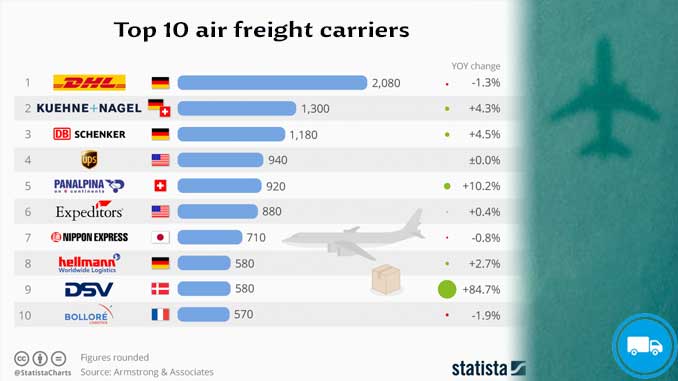Many firms, like Parcelforce, FedEx and R+L Carriers transport all types of cargo by road. Delivering everything from letters to houses to cargo containers, these firms offer fast, sometimes same-day, delivery.
A good example of road cargo is food, as supermarkets require deliveries daily to replenish their shelves with goods. Retailers and manufacturers of all kinds rely upon delivery trucks, be they full size semi trucks or smaller delivery vans. These smaller road haulage companies constantly strive for the best routes and prices to ship out their products.[ Indeed, the level of commercial freight transported by smaller businesses is often a good barometer of healthy economic development as it is these types of vehicles that move and transport literally anything, including couriers transporting parcel and mail. You can see the different types and weights of vehicles that are used to move cargo around.
A truck (or lorry) is a motor vehicle designed to transport cargo. Trucks vary greatly in size, power, and configuration; smaller varieties may be mechanically similar to some automobiles. Commercial trucks can be very large and powerful, and may be configured to mount specialized equipment, such as in the case of fire trucks and concrete mixers and suction excavators.
Modern trucks are largely powered by diesel engines, although small to medium size trucks with gasoline engines exist in the US. In the European Union, vehicles with a gross combination mass of up to 3.5 t (7,700 lb) are known as light commercial vehicles, and those over as large goods vehicles.




